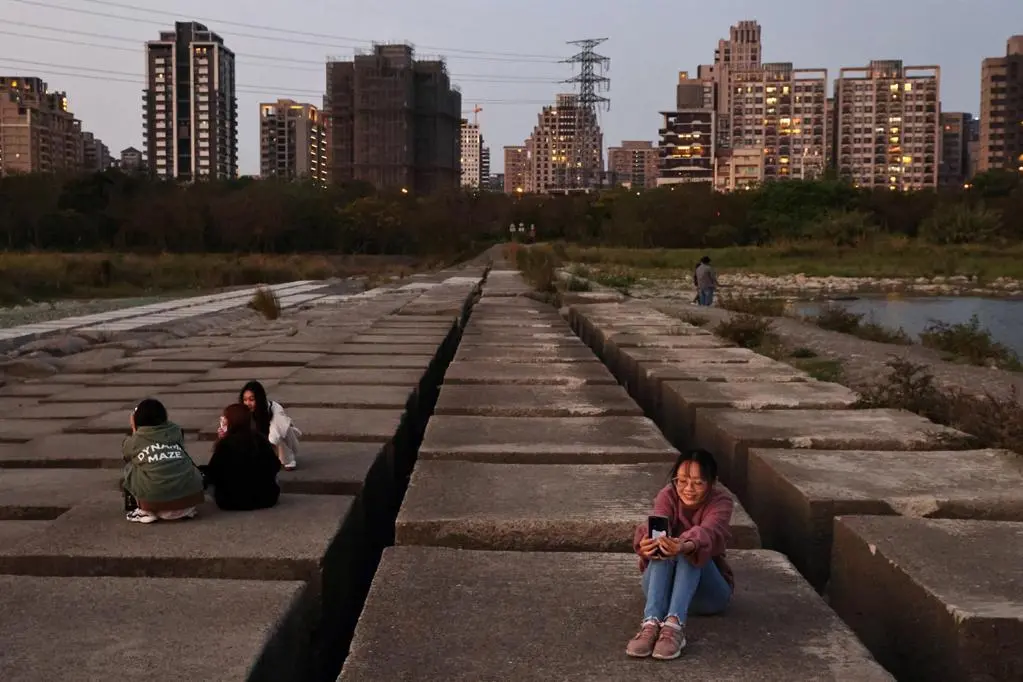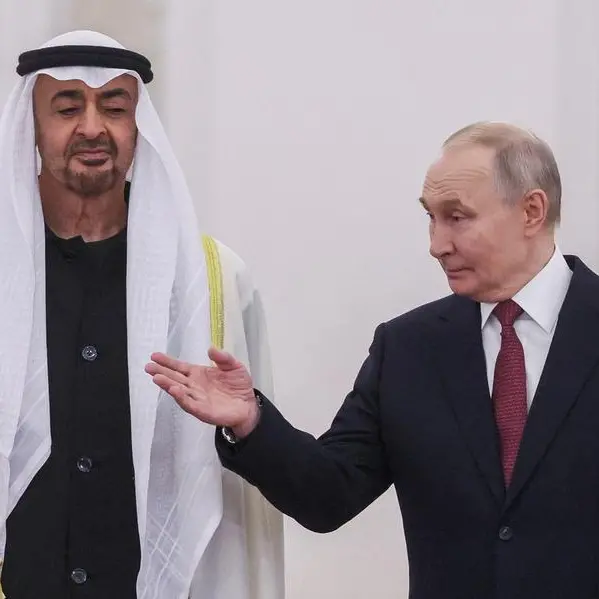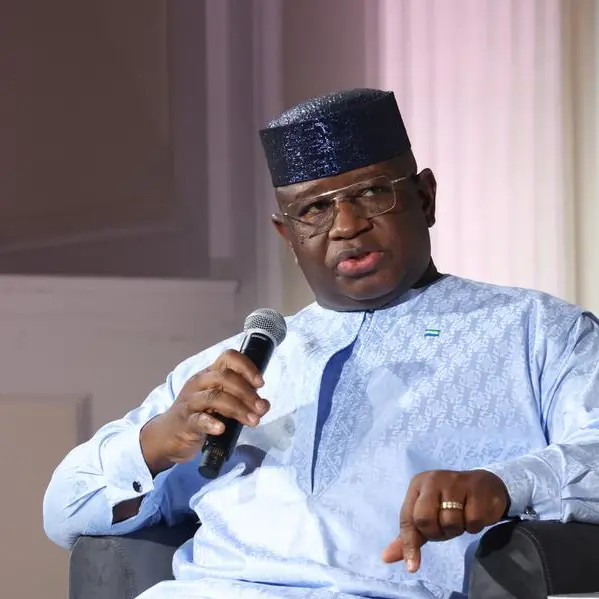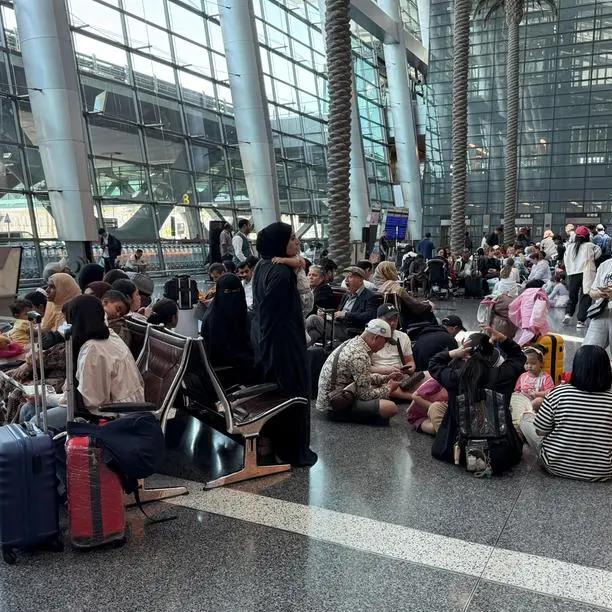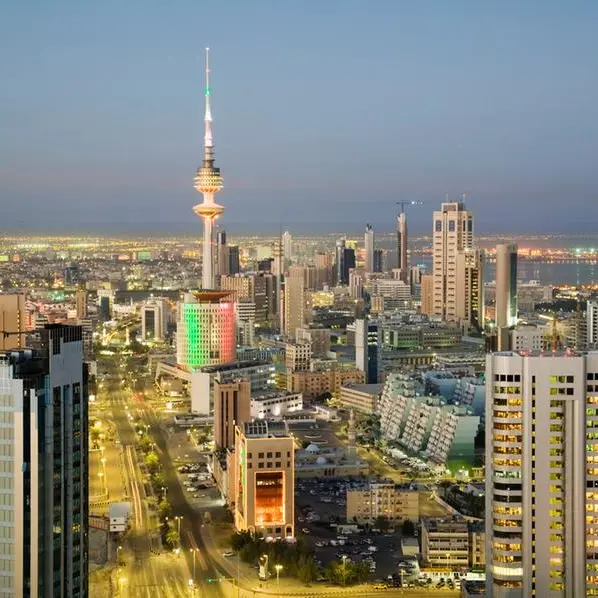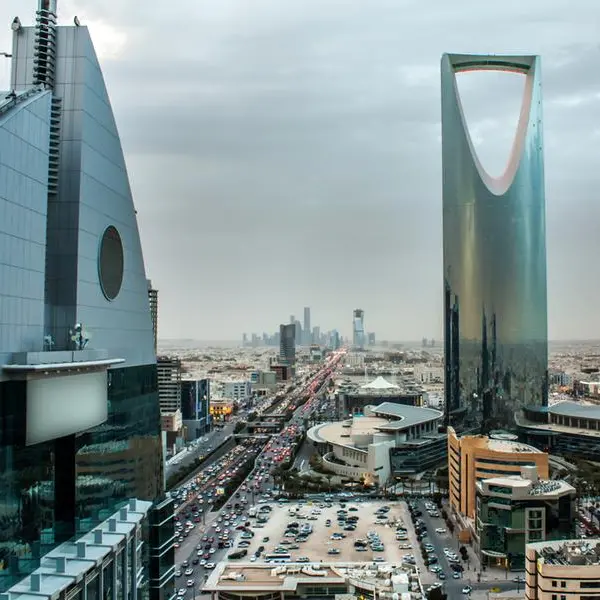PHOTO
TAIPEI - Taiwan will increase curbs on the use of water from June 1 in the major chip making hubs of Hsinchu and Taichung in a battle on an islandwide drought, should there be no significant rain by then, the government said on Wednesday.
Describing the drought as the worst in the island's history, the economy ministry said it the absence of rain it would raise the drought level to its highest red alert, meaning companies in the Hsinchu and Taichung science parks should trim water use by 17%.
"We need to further tighten water use restrictions in response, in advance of a scenario when rainfall from the plum rain is falling short of expectation," the ministry said in a statement, referring to the late spring rainy season.
Water levels in reservoirs in the island's central and southern region were less than 5% of full capacity, the ministry said, adding it had taken drastic steps to find water, including using some 160 wells and seawater desalination plants.
The world's largest contract chipmaker, Taiwan Semiconductor Manufacturing Co Ltd (TSMC), has factories in both Hsinchu and Tauching.
The chip giant told Reuters it had seen no impact on production and it would continue to trim its use of water and buy supplies from tanker trucks for some foundries.
No typhoons directly hit the island last year, meaning much less rain, and this year rainfall has also been low and the outlook is not good.
Technology companies have long complained about tight water supplies, which became more acute after factories expanded production following a Sino-U.S. trade war.
The drought has also exacerbated problems with electricity management, which have led to two major island-wide blackouts in less than a week.
President Tsai Ing-wen pledged this week to look into electricity management, saying the booming economy and extreme weather posed a "great challenge".
The drought means electricity generated by hydropower plants was insufficient, state-run electricity provider Taipower said.
(Reporting by Yimou Lee and Ben Blanchard; Editing by Clarence Fernandez, Robert Birsel) ((ben.blanchard@thomsonreuters.com;))
